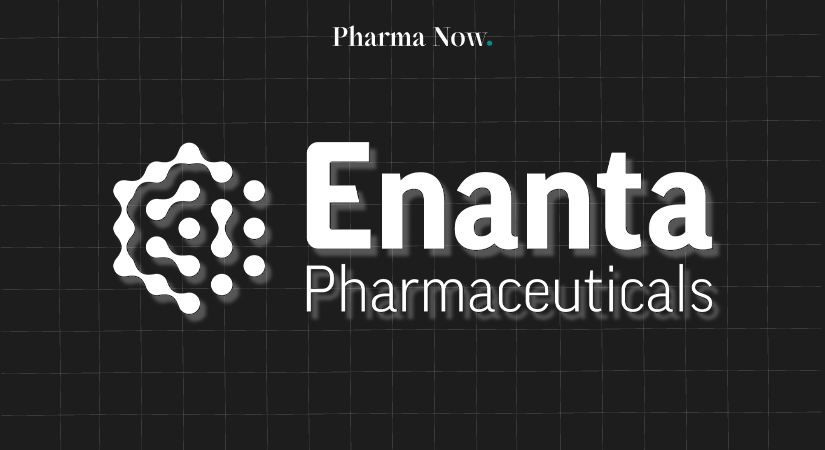Enanta’s Zelicapavir Shows Promising Results In High-Risk RSV Patients; Phase 2b Trial Confirms Efficacy And Safety
Enanta’s zelicapavir shows Phase 2b success in high-risk RSV adults, speeding recovery and reducing hospitalizations.
Breaking News
Sep 30, 2025
Vaibhavi M.

Enanta Pharmaceuticals, Inc., has reported positive topline results from its Phase 2b RSVHR clinical trial, evaluating zelicapavir, a novel N-protein inhibitor being developed as an oral treatment for respiratory syncytial virus (RSV). The study focused on outpatient adults at high risk of complications, including elderly patients and those with CHF, COPD, or asthma. Zelicapavir has a Fast Track designation from the FDA and aims to address RSV with a once-daily oral dosing approach.
“We are highly encouraged by these results from our Phase 2b trial of zelicapavir in high-risk adults infected with RSV. This represents the first time an RSV antiviral treatment has demonstrated a clinically meaningful benefit in these high-risk adult outpatients. These data demonstrate the potential for zelicapavir to reduce the duration of RSV symptoms in high-risk adults who face an increased risk of hospitalization or death from this virus,” said Scott T. Rottinghaus, M.D., Chief Medical Officer of Enanta Pharmaceuticals. “Building on the previously reported antiviral activity and favorable safety from our first-in-pediatrics study, we believe these findings continue to validate zelicapavir’s mechanism of action and reinforce its potential as a broadly effective, first-in-class RSV treatment. We believe the totality of these data provides strong rationale for further clinical advancement of zelicapavir. Importantly, we identified multiple potential registrational endpoints for a Phase 3 trial. We wish to thank the patients, family members and staff from all the sites who participated in the study. These results would not have been possible without their trust and involvement.”
The trial demonstrated that zelicapavir provided clinically meaningful improvements in symptom resolution compared to placebo. Overall, patients experienced a 2.2-day faster resolution of symptoms, while those in the high-risk subgroup (HR3) saw a 6.7-day improvement. On the broader RiiQ™ symptom scale, the benefit was 3.6 days for the general group and 7.2 days for HR3 patients. Importantly, the treatment also reduced hospitalization rates and showed a strong antiviral effect, while maintaining a favorable safety profile.
“The patients enrolled in this study are particularly vulnerable to complications of RSV infection, often facing prolonged symptoms and heightened risk of hospitalization. Currently, there are no safe and effective antiviral RSV treatments available,” said Mohamed Fayed, M.D., UCSF School of Medicine Regional Campus at Fresno (UCSF Fresno), a Principal Investigator in the study. “The RSV symptom benefit observed in this study is compelling and could significantly improve outcomes for high-risk adults.”
Conducted as a randomized, double-blind, placebo-controlled study, RSVHR enrolled patients within 72 hours of symptom onset, administering either 800mg zelicapavir or placebo daily for five days. The trial assessed multiple clinical and virology endpoints, including time to symptom resolution, patient-reported outcomes, and hospitalization. While the primary endpoint on lower respiratory tract disease symptoms was not met, the study generated strong proof-of-concept data, informing the design of an upcoming Phase 3 registrational trial.
